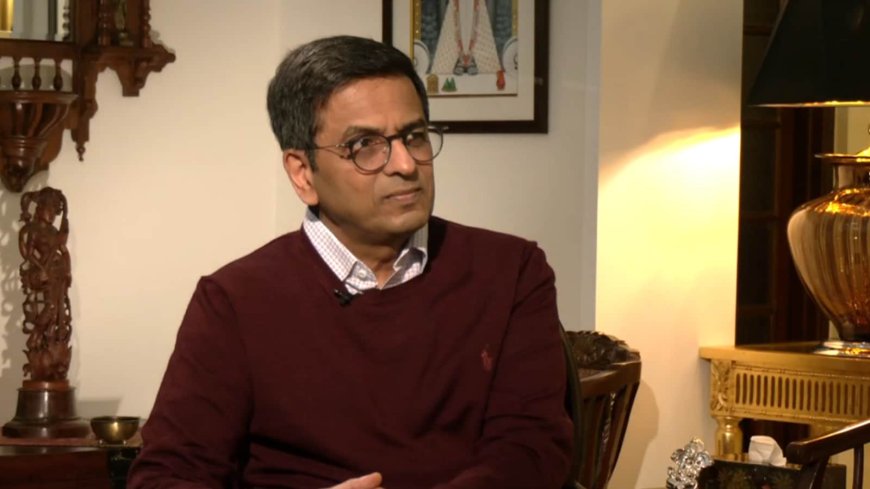'Remained True To My Conscience': DY Chandrachud To NDTV
Having started practising law nearly 30 years ago and then retiring as the longest-serving Chief Justice of India in over a decade, Justice DY Chandrachud helped shape jurisprudence in the country.

‘Remained True To My Conscience’: DY Chandrachud To NDTV
In a recent interview with NDTV, Justice DY Chandrachud expressed his unwavering commitment to his principles, stating, "I have remained true to my conscience." This powerful declaration comes amidst discussions surrounding judicial integrity and independence, highlighting the importance of upholding justice in challenging times.
Understanding Justice DY Chandrachud’s Commitment
Justice Chandrachud's remarks resonate deeply in the current legal climate, where the judiciary often faces immense pressure from various external forces. His assertion sheds light on the moral obligations of judges in delivering fair justice without succumbing to biases or influences. As one of the most prominent figures in India's judiciary, his views significantly impact both legal professionals and the general public.
The Role of Conscience in Judicial Decisions
Conscience is often deemed the inner voice that guides ethical behavior. For judges like DY Chandrachud, it plays a crucial role in ensuring justice prevails. Their decisions not only affect individual cases but can also set precedents for future rulings, reinforcing the significance of maintaining integrity. "Judgments must reflect the law but also align with moral justice," he emphasized during the dialogue.
Recent Challenges Faced by the Judiciary
The judiciary in India has faced numerous challenges in recent years, including public scrutiny and accusations of politicization. However, Justice Chandrachud's commitment to uphold his conscience serves as a beacon of hope. His approach reassures citizens that their rights are safeguarded by a legal system that values integrity over external pressures.
The Impact of His Statements
Justice Chandrachud's commitment can influence upcoming judicial reforms and inspire younger judges to prioritize ethical considerations in their rulings. His encouraging words can help restore public confidence in the Indian judiciary, emphasizing the role of individual conscience in upholding the rule of law.
In conclusion, Justice DY Chandrachud's declarations remind us of the essential values of honesty and integrity in the judiciary. For more insights and updates on judicial matters, be sure to visit News by dharmyuddh.com.







